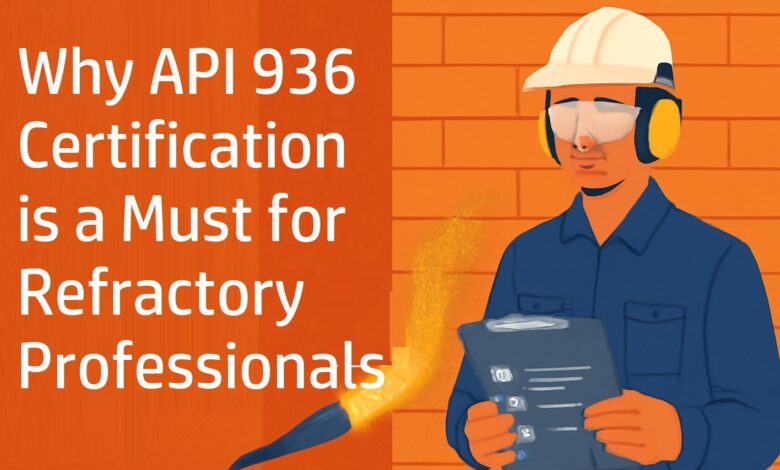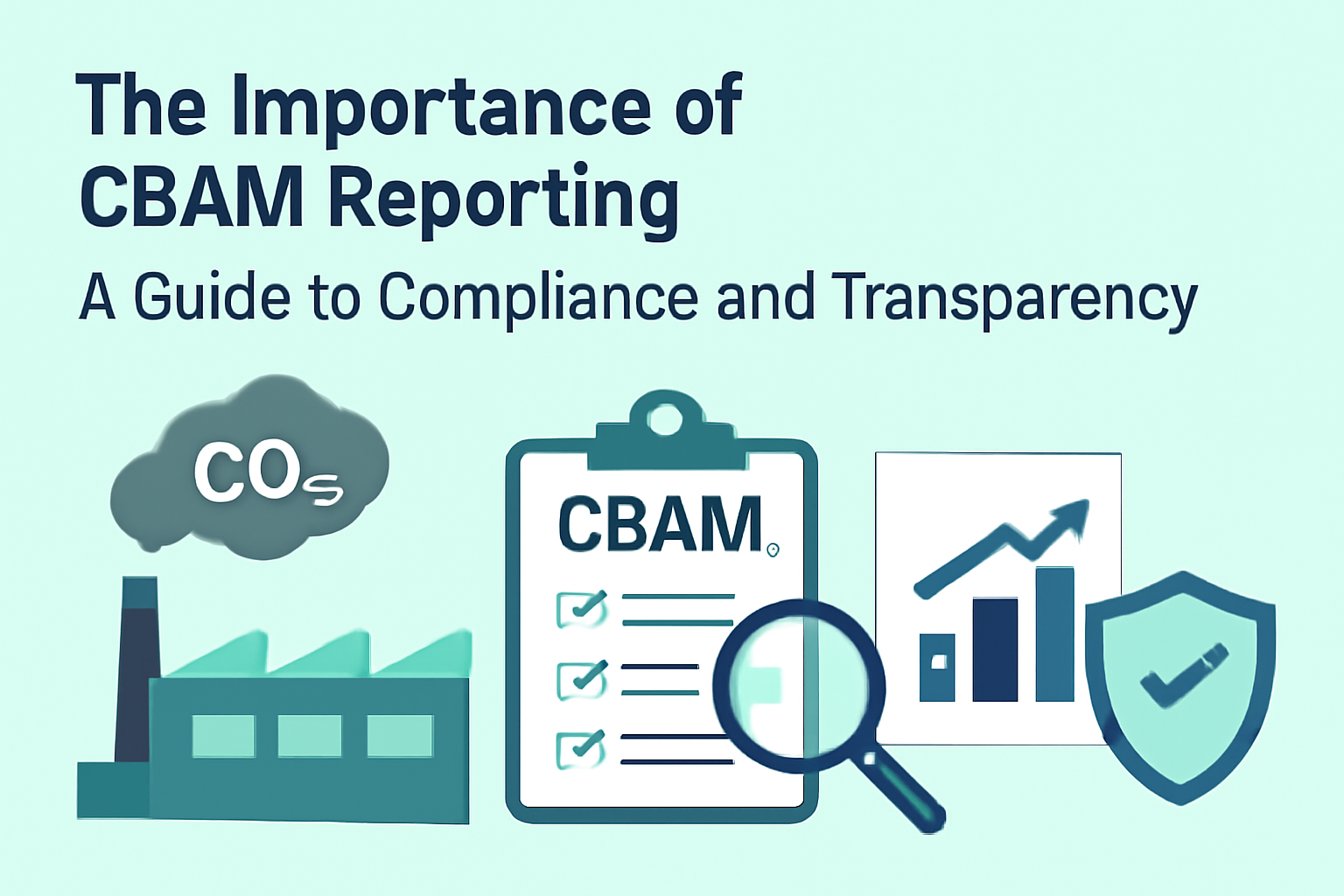Why API 936 Certification is a Must for Refractory Professionals

In the world of industrial processes, refractory materials play an essential role in ensuring the safety, efficiency, and longevity of high-temperature operations. The need for refractory professionals with the right expertise has never been more critical as industries such as oil and gas, petrochemicals, steel, and power generation demand ever more advanced and efficient solutions. Among the credentials that can elevate the expertise and reputation of a refractory professional, the API 936 certification stands out as a must-have. This certification is a testament to a professional’s ability to meet the rigorous standards of the industry and navigate the complexities of refractory material installation, inspection, and maintenance. In this blog, we will explore why the API 936 certification is essential for refractory professionals, and how it benefits them, their employers, and the industry at large.
The Growing Importance of Refractory Professionals
Refractories are materials designed to withstand extreme conditions, particularly high temperatures, and the stresses associated with such environments. These materials are used in a variety of applications, including furnace linings, kilns, reactors, and other equipment that operate at elevated temperatures. The role of a refractory professional is vital in ensuring that these materials are correctly selected, installed, and maintained to maximize efficiency and minimize downtime.
As industries continue to evolve, so too do the demands placed on refractory professionals. With an increasing focus on environmental regulations, safety, and efficiency, it is crucial for those in the field to stay up-to-date with the latest industry standards and practices. Certification programs, such as API 936, help professionals maintain their competency in an ever-changing industry and demonstrate their commitment to excellence.
What is API 936?
The API 936 certification is specifically designed for refractory personnel in the oil and gas, petrochemical, and other high-temperature industries. It focuses on the installation, inspection, and maintenance of refractory materials, with a comprehensive curriculum that covers everything from understanding refractory properties to quality control and troubleshooting. The certification is granted by the American Petroleum Institute (API), a global leader in setting standards for the oil and gas industry.
API 936 focuses on ensuring that professionals possess the necessary skills to perform their duties in alignment with industry best practices. This involves understanding material properties, construction techniques, safety protocols, and quality assurance measures. Whether installing a new furnace lining or repairing an existing one, certified professionals can guarantee that they adhere to the highest standards in terms of both performance and safety.
The program requires candidates to undergo a rigorous examination process, which assesses their knowledge in areas such as refractory design, installation procedures, testing, and troubleshooting. Upon successful completion, the certificate signifies that the individual is equipped to handle complex refractory operations and challenges.
Why API 936 Certification is a Must for Refractory Professionals
- Demonstrates Expertise and Competency
The primary benefit of obtaining API 936 certification is that it demonstrates a professional’s competency in the field of refractory materials and services. In a competitive industry, having a certification like API 936 not only sets a professional apart but also provides assurance to employers and clients that the individual possesses the necessary skills and knowledge to handle the complexities of refractory operations. The certification ensures that the professional is up to date with industry standards and able to navigate the latest practices and technologies.
- Enhances Career Prospects
For refractory professionals, gaining the API 936 certification can significantly boost their career opportunities. Many employers in the oil and gas and petrochemical industries consider API 936 certification as a prerequisite for hiring or promoting refractory technicians and engineers. The certification can open doors to better job opportunities, higher salary potential, and professional growth. Furthermore, it positions individuals to take on more challenging and critical roles within their organizations.
- Increased Safety and Quality Assurance
Safety and quality are paramount in any industrial setting, particularly when dealing with high-temperature processes. Refractory failures can lead to disastrous consequences, such as equipment damage, production downtime, or even catastrophic accidents. API 936 certification ensures that professionals have the knowledge and skills necessary to minimize these risks. By understanding the principles of refractory design, installation, and testing, certified individuals can help ensure that all systems function optimally and are built to withstand extreme conditions.
Moreover, certification reinforces the importance of adhering to safety protocols, ensuring that materials are installed correctly and that all safety measures are followed during installation and maintenance. By making safety a priority, API 936-certified professionals help prevent accidents and reduce operational risks.
- Compliance with Industry Standards
In many regions, there are strict regulatory standards governing industrial operations, particularly in the oil, gas, and petrochemical sectors. API 936 certification ensures that professionals meet these stringent requirements, which are often tied to legal and regulatory compliance. For employers, having certified personnel can provide peace of mind that they are operating within the bounds of the law and industry guidelines, reducing the risk of costly fines or legal issues.
Additionally, certification helps professionals keep up with evolving standards and regulations. The certification process typically involves periodic re-certification, ensuring that individuals remain informed of any changes to industry standards or best practices.
- Improved Operational Efficiency
Refractory materials and systems are critical components in various high-temperature industrial operations. Proper installation and maintenance are essential for maximizing efficiency and minimizing downtime. API 936 certification provides professionals with the tools and knowledge needed to improve operational efficiency in these high-risk environments. By understanding the latest refractory technologies, professionals can implement systems that offer enhanced performance, reduced maintenance needs, and longer operational lifespans.
Furthermore, certified professionals can identify issues early and take corrective action before they lead to major failures, helping to avoid costly repairs and shutdowns. This results in higher productivity and reduced operational costs, benefitting both employers and clients.
- Contributes to Sustainable Practices
In today’s world, there is a growing emphasis on sustainability and environmental responsibility across all industries. The refractory sector is no exception, and API 936 certification includes aspects of environmental impact, energy efficiency, and sustainability in its curriculum. Refractory professionals who hold the certification are better equipped to implement sustainable practices, such as optimizing energy consumption in furnaces and kilns, minimizing waste, and ensuring that materials used are environmentally friendly.
By adopting sustainable practices, API 936-certified professionals contribute to their organization’s efforts to reduce its environmental footprint while also improving the efficiency and lifespan of its refractory systems.
- Improved Professional Networking Opportunities
Being API 936 certified also allows refractory professionals to connect with other like-minded individuals in the industry. This opens the door to networking opportunities, access to industry events, conferences, and the exchange of ideas and best practices. By interacting with other certified professionals, individuals can stay informed about the latest trends and innovations in the field of refractory technology. Furthermore, it allows them to participate in industry discussions and contribute to the advancement of their profession.
Conclusion
In conclusion, the API 936 certification is an essential credential for refractory professionals seeking to advance their careers, improve their operational capabilities, and contribute to the overall success of their organizations. Whether it’s improving safety standards, ensuring quality, or staying compliant with industry regulations, API 936 provides professionals with the tools and knowledge needed to excel in their field. The certification not only boosts individual career prospects but also plays a pivotal role in enhancing the overall performance and sustainability of industrial operations that rely on refractory systems.
To learn more about how the API 936 certification can benefit you or your team, visit https://www.qci-refractories.com/.


